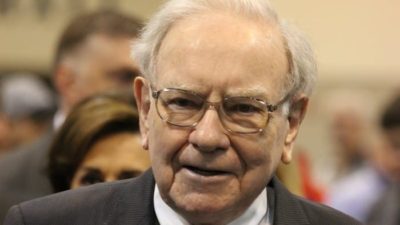By now, all Australians would be aware of the woes that high inflation has brought upon us. After virtually disappearing as an economic concern for a decade, the post-pandemic era saw inflation rear its ugly head once more. This could have serious consequences for a generation of Australians' retirement dreams.
The Australian economy has been suffering from some of the worst rates of inflation we've seen since the turn of the century since 2021. This has seen the price of almost everything rise at a rate that many Australians have never experienced.
Inflation can also be thought of as the erosion of the value of our currency. As inflation rages, the cost of everything priced in Australian dollars rises as the real value of the currency falls. This makes financial management of all aspects of life, including retirement planning, more difficult. If someone's wages or salary doesn't increase by at least the rate of inflation, that person's living standards will fall.
New data from Commonwealth Bank of Australia reveals that the high inflation environment we've all been enduring over the past few years is hitting younger people harder than older people.
According to the CBA report, Australians of retirement age (aged over 65) don't seem to be feeling the pains of inflation, with this age group spending above the rate of inflation over the first three months of 2024. But in stark contrast, Australians aged between 25 and 29 reduced their spending by 3.5% over the three months to 31 March compared to the same period in 2023.
This trend could have a severe impact on the retirement savings of young Australians.
Inflation eats into younger Australians' retirement dreams
Most Australians invest with the goal of building wealth, achieving financial independence and perhaps even an early retirement.
The powers of compound interest become more potent the longer someone invests in wealth-producing assets like ASX shares. As such, getting started with investing as early as possible is essential for maximising one's investing returns (and retirement comfort) over a lifetime.
Here's how Visual Capitalist recently put it:
Though you should only invest money that you don't need access to in the short term, the reality is that waiting will have consequences on your long-term gains.
For example, let's say you started investing at 20 years old, and you invest $250 each month with an 8% annual rate of return. By the time you reach 65, over 50% of your total portfolio would have come from money that you invested in your 20s.
Someone who invests a decade later than their peer with double the amount will actually see lower returns in the long run.
By this logic, the current inflation crisis could be doing enormous damage to younger Australians' retirement prospects.
If Australians aged between 25 and 29 are cutting their spending, we can probably assume that they are struggling to put the same money aside to invest for retirement as they might once have done as well.
So if you're a younger Australian struggling to invest at the same rate you were in, say, 2021, right now, this is very much worth keeping in mind. It can be devilishly difficult to scrape together enough money to invest in your retirement in 2024. But this is a timely reminder that every little bit helps.








